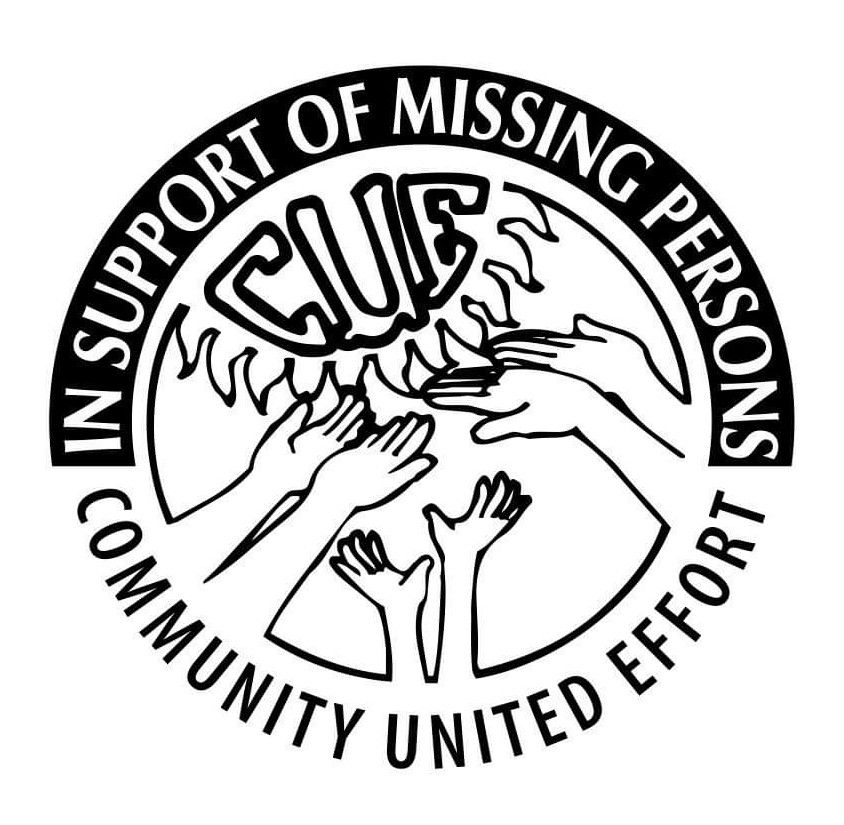 |
| Author image |
We have a particular sense of tragedy linked to the age of the person; But if you speak to a mature adult who mourns a sibling, they may express deep sorrow. Over the years, I have asked several people if they would be willing to write about their loss for this blog but always, the loss feels too fresh or complex for composition. I simply encourage them to honor their grief journey.
Finding words instead of walking on eggshells
Feeling understood--or at least, met with compassion, is such a gift. The Condolence Coach reminds readers that you can't fix the loss or remove its pain. Here are options to turn powerlessness into a power with the gifts of caring, listening, and supporting our shared human experience.
When you do not know the sibling
Unless you are an only child, you know what growing up with siblings is about... your own version of a family and its dynamics is individual but still, common ground exists. When you are told of the death, try to ask a few simple questions:Dear _______,
I want to again express my condolence for the loss of your brother. Yes, we're 'of the age' for such things, but that cannot soothe the impact. Your brother 'shadowed' your own growing up, and knew you in ways most others don't. I have no doubt that you have been a beloved brother. How wonderful that _[share a wonderful fact, such as a recent visit, if any]_!
I like to remember (and have reminded myself of this when faced with family loss) that 'family' is a term which has no expiration date; bodies arrive and depart, but the relationship forever resides in the heart. I hope that thought can also be of comfort to you and [name other family or spouse of note's recipient, if any]_.
Warmly,
Sample note #2:
Dear______,
I was sorry to learn of your brother's recent death at his home in [location]. So many of us here feel that challenge of family distances during difficult times. Does he leave children, a spouse?
I have found such comfort in sharing memories at a time like this, and can only imagine the heartwarming conversations you've been having with those who knew and loved your brother. I would like to hear some of your memories.
When you know the sibling
It is such a 'plus' to have been acquainted with the decedent you are writing about. Have you had opportunities to see the siblings together? Knowing the sibling, or having heard many stories about their relationship to your friend, supports you in sharing kind memories or warm reflections. If there were difficulties, DO NOT assume you are being a good friend by bringing them up! Your note should never include disparaging, judging or painful comments.
Sample note:
Dear ______,
Thank you so much for letting me know of your sister [sibling name]'s passing. After losing your brother, Mike, last year, I can't imagine how battered you must be feeling. You often spoke about growing up with [sibling name], appreciating that you were close in age. I loved your stories about [_____________].
Will her children be hosting a Celebration of Life? If you'll be traveling, I can take care of Puff, and watch the house. For now, be good to yourself: bathe your tender heart in sunrises and sunsets...
Sibling losses may happen at any age
- Read about how families cope at the loss of an infant
- Alexis Marie Chute writes about how her children responded to their brother's death
- My post on grieving grandparents has a continual stream of readers





















